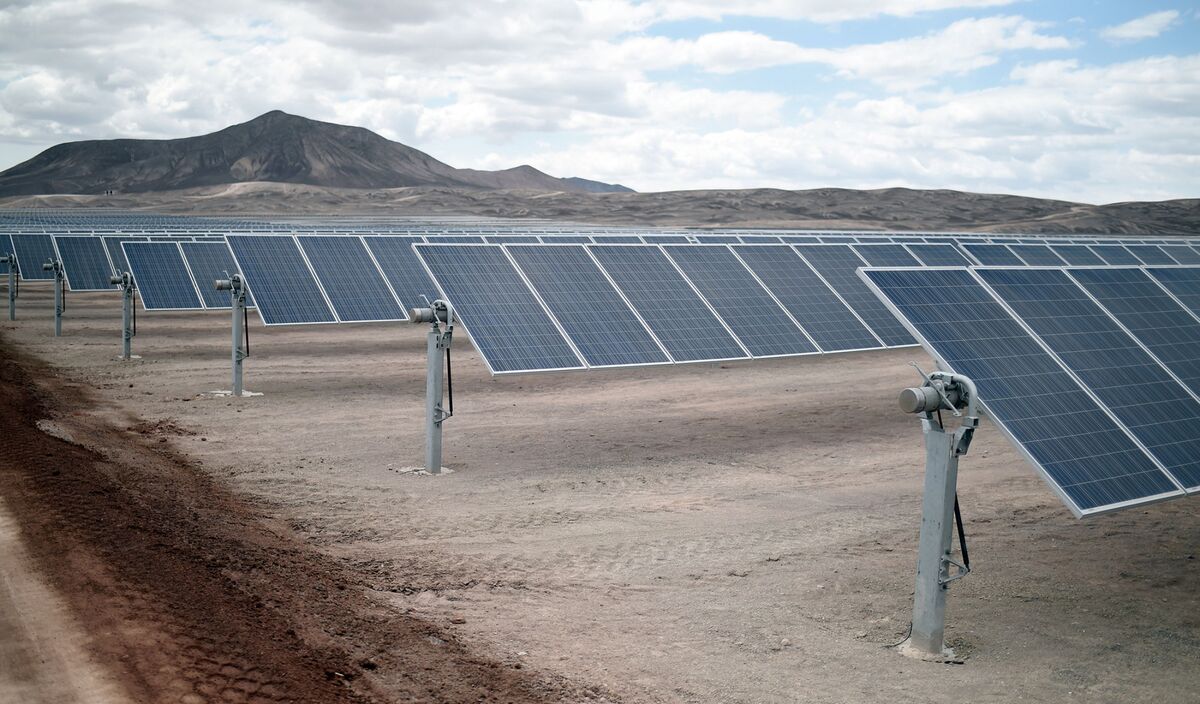as informed in The emergence of international power companies in Latin America is a testament to how mature -- and alluring -- its renewable energy market has become. Investment in Latin America's clean energy market last year grew more than 25 times faster than the global rate, and big developers are willing to fight for their share at whatever cost. They're already setting new records and signs point to even steeper price declines.

collected by :Victor Alphen
No More Room for the Little Guys in Latin America's Clean Energy Market
'It has been very hard to compete with the larger companies'Latin America's booming clean energy market is attracting the world's energy giants, which are driving down prices and squeezing out the little guys. The emergence of international power companies in Latin America is a testament to how mature -- and alluring -- its renewable energy market has become. Investment in Latin America's clean energy market last year grew more than 25 times faster than the global rate, and big developers are willing to fight for their share at whatever cost. And this is not cheap."AES Corp. expects "massive" growth in the Latin America renewable energy market, and "all the large incumbents will grow substantially," said Chief Risk Officer Leonardo Moreno. The U.S.-based company has about 16,000 megawatts of capacity in Latin America, with 40 percent in renewable energy.
Could FERC Order Put State Clean Energy Policies in Danger?
as mentioned in But last week's 3-to-2 vote approving ISO New England's new market pricing proposal has reignited fears among clean energy and consumer advocates that FERC is setting the stage to pre-empt state clean energy policies in the name of market fairness. With the approval, ISO-NE is free to proceed with a plan to split its capacity market bidding into two parts. In that paragraph, the commission writes: "Absent a showing that a different method would appropriately address particular state policies, we intend to use the MOPR to address the impacts of state policies on the wholesale capacity markets." This seemingly bland sentence represents a potential bombshell for state energy policies. But expanding the concept of a MOPR without these kinds of specific limits could impose on state energy policy, he warned. That's because MOPRs could start to prevent clean energy resources from participating in capacity markets, and thus undermine the state policies that are supporting their growth.collected by :Victor Alphen
Comments
Post a Comment